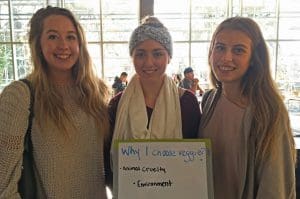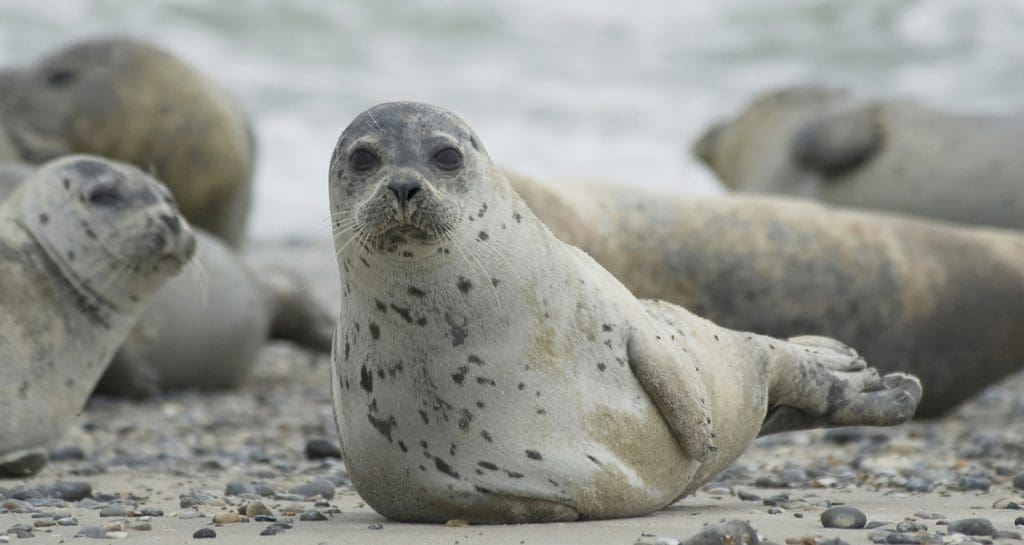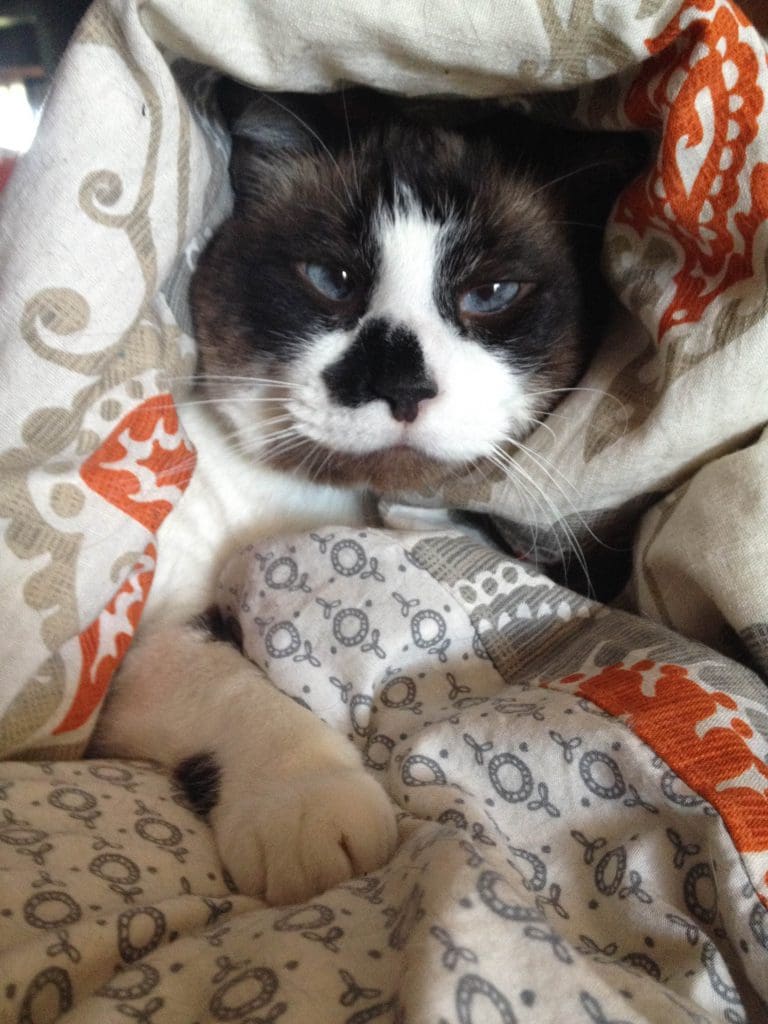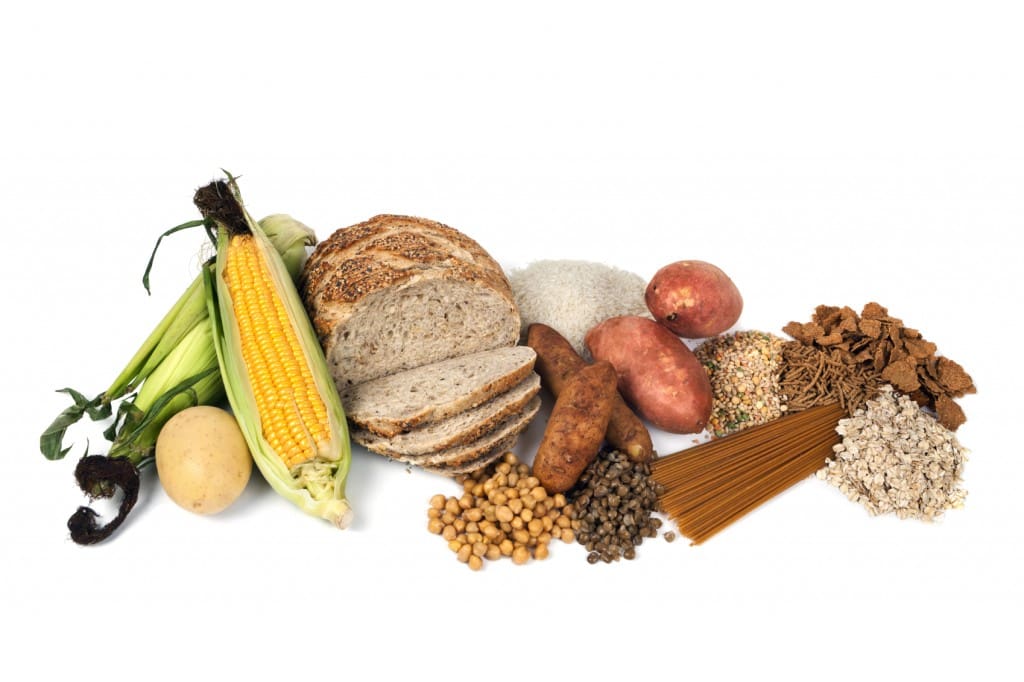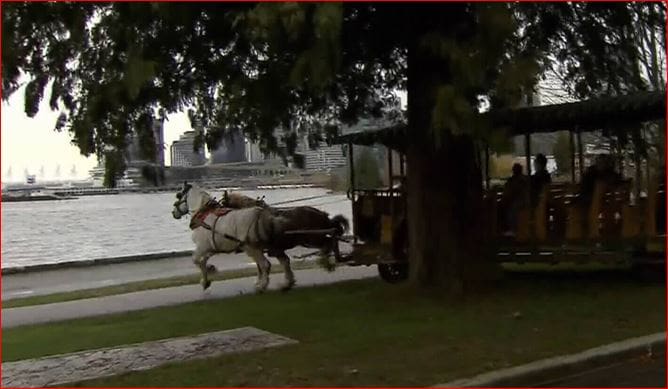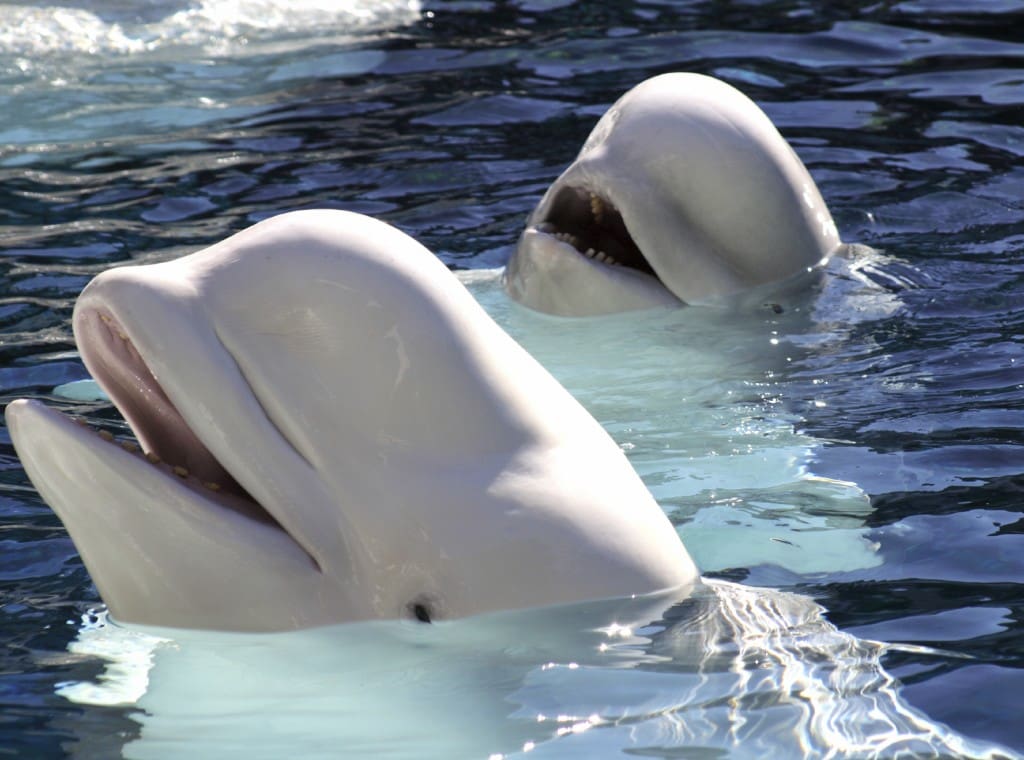
VHS is thrilled with the unanimous vote by the Vancouver Park Board to direct its staff to bring forward a bylaw change by May 2017 prohibiting display of cetaceans at Vancouver Aquarium.
This is a huge step forward in the fight against cetacean captivity. We hope the Park Board will approve the amended bylaw in May and end the aquarium’s captive cetacean program once and for all.
We would like to congratulate and thank all the groups and individuals who have helped convince the Park Board that now is the time to stop putting captive whales and dolphins on display at the aquarium.
VHS is proud to have played a part in the broad and growing movement to end cetacean captivity. Late, last year we and Zoocheck published a powerful report that questioned claimed value of the aquarium’s cetacean research.
The report was distributed to each Park Board Commissioner and was followed up by a presentation to the board, which is reprinted here:
The crux of this debate, in our view, is whether the Vancouver Aquarium’s claimed benefits of cetacean captivity outweigh the negative impacts of that captivity on animal welfare.
The concerns over animal welfare are genuine and credible, but the Aquarium has tried to undermine those concerns with personal attacks on those who oppose its plans.
The Aquarium’s CEO, Dr. Nightingale said opponents of cetacean captivity “in my view have no credibility.” – CP story, Feb 21, 2017
Dr. Nightingale has referred to those who oppose cetacean captivity at the aquarium as “extremists” – “The head of the Vancouver Aquarium says “extremists” are behind a petition calling for a referendum to decide whether any new dolphins, whales or porpoises can be added to its expanding tanks.” – Metro News Vancouver, Feb 17, 2014.
I would like to list some of the people who are on record as opposing cetacean captivity at the Aquarium:
Dr. Lori Marino, Ph.D. – neuroscientist and expert in animal behavior and intelligence
Dr. Naomi Rose, Ph.D. – marine mammal scientist for the Animal Welfare Institute.
Dr. David Duffus, Ph.D. – founder of the Whale Research Lab at the University of Victoria
Dr. Paul Spong, Ph.D. – neuroscientist and cetologist, founder of the OrcaLab on Vanc Island
BC biologist Alexandra Morton – who in 2006 received an award from Van Aquarium for Excellence in Aquatic Conservation.
Dr. Jane Goodall, world-renowned animal scientist, whom Dr. Nightingale dismissed as “operating on information provided by the activist community.”
Dr. Rebecca Ledger, Ph.D., animal behaviourist.
This is what Dr. Ledger told the Vancouver Province after viewing the captive belugas Quila and Aurora at the Aquarium last July:
“They’re trapped,” said Rebecca Ledger, an expert in animal behaviour, during a visit to the aquarium with The Province. “Psychologically, they are not fulfilled and are behaving abnormally. That’s sad, especially since these are very intelligent animals. We’re not talking about cockroaches, we’re talking about cetaceans.” – Vanc Province, July 2. 2016
Barbara Cartwright, CEO of the Canadian Federation of Humane Societies, which represents SPCAs and humane societies across Canada, including our own BC SPCA…
And what about the BC SPCA? – the agency with statutory responsibility for protecting animals in BC:
Here’s what the BC SPCA website says: “The BC SPCA recognizes the complex needs of cetaceans, and their highly sentient and social nature,” says Dr. Sara Dubois, BC SPCA chief scientific officer. “The society is opposed to the capture, confinement, and breeding of marine mammals for entertainment or educational display, as fully providing the animals with the Five Freedoms is not possible for wild animals who require large and diverse aquatic habitats to live. It is time to phase out these displays.”
These people are not extremists. They do not lack credibility. Yet the aquarium continues to demonize those who disagree with its plans.
What does lack credibility is the Aquarium’s sudden prioritization of Beluga whale research, which it claims is the chief reason for bringing back belugas to live and be displayed until 2029 – at least another decade..
Dr. Nightingale now says research on belugas is “crucial”. – CP story, Feb 21, 2017
But in a report VHS and Zoocheck released last year, we reviewed published Vancouver Aquarium research papers in which captive cetaceans were the research subjects.
The report found just 13 peer-reviewed original scientific papers over the past 30 years in which captive cetaceans were the research subjects.
That is a low output, considering the Aquarium’s statements about how important cetaceans are to its research – 13 in 30 years is very poor.
Citation analysis (number of papers produced and number of citations per paper), found that the research Impact is also low, with relatively few citations – from a low of 0 citations to a high of 27.
Not exactly a world changing research program at the Vancouver Aquarium. But now, all of a sudden it is “crucial.”
To say the least, all of this has left both the Vancouver Humane Society and Zoocheck skeptical about the Aquarium’s justifications for bringing back belugas to live in captivity.
To put it bluntly, we think they are being brought back because they are a lucrative tourist attraction, not because they are vital to cetacean research.
Furthermore, we believe that decision is being made in spite of the strong and credible opposition of those who believe cetaceans suffer in captivity and that the Aquarium cannot justify that suffering.
That is why we believe the Aquarium should not import any more belugas and why it should end cetacean captivity.



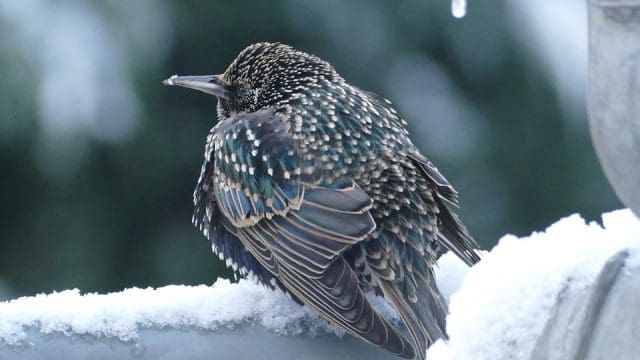
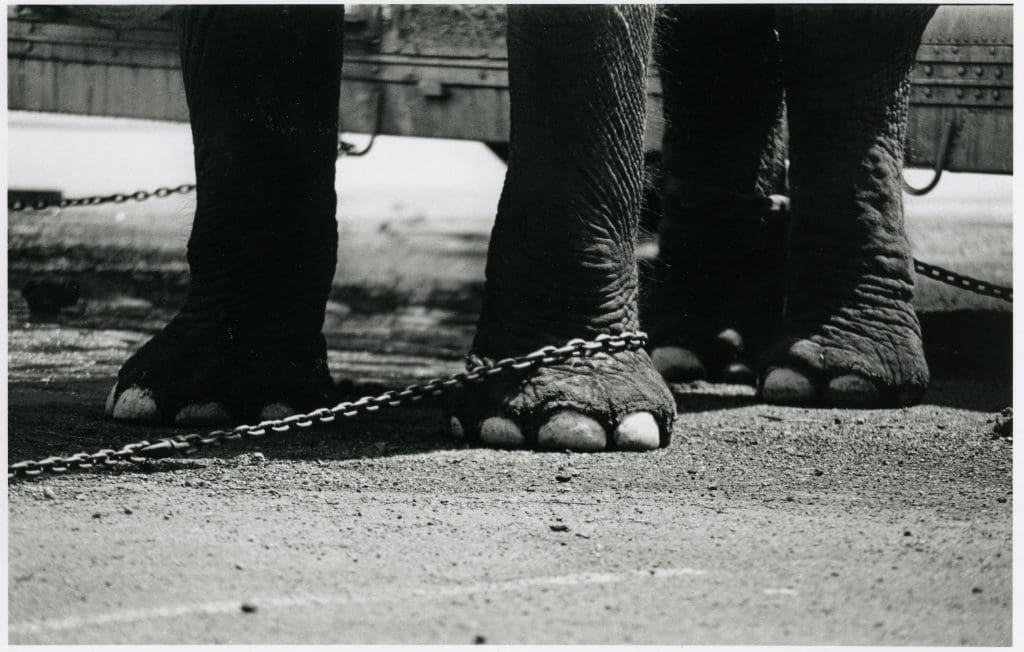
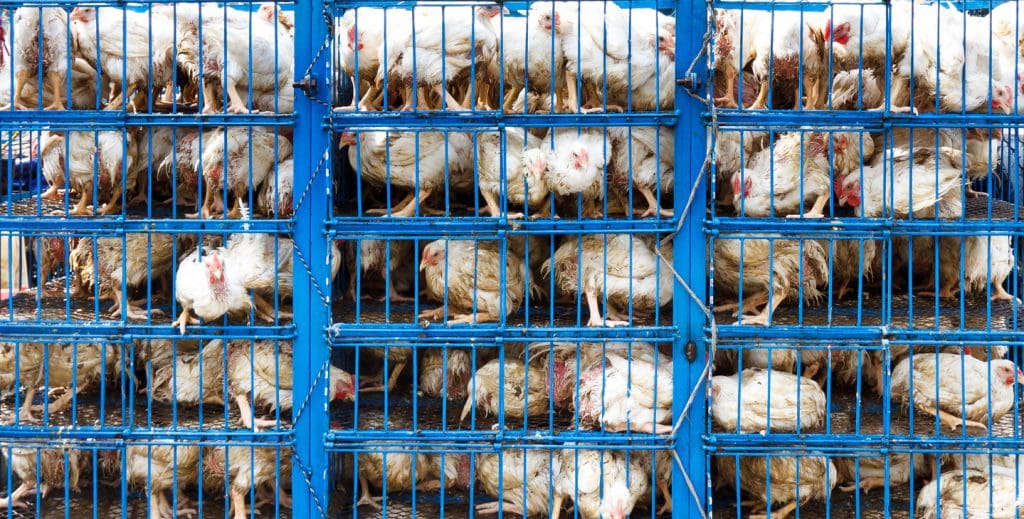
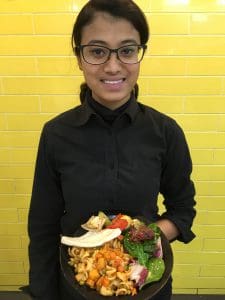 Stop by the residence dining hall at Simon Fraser University’s (SFU) Burnaby campus on Mondays and you’ll notice a variety of veg options being promoted. Food service provider,
Stop by the residence dining hall at Simon Fraser University’s (SFU) Burnaby campus on Mondays and you’ll notice a variety of veg options being promoted. Food service provider, 